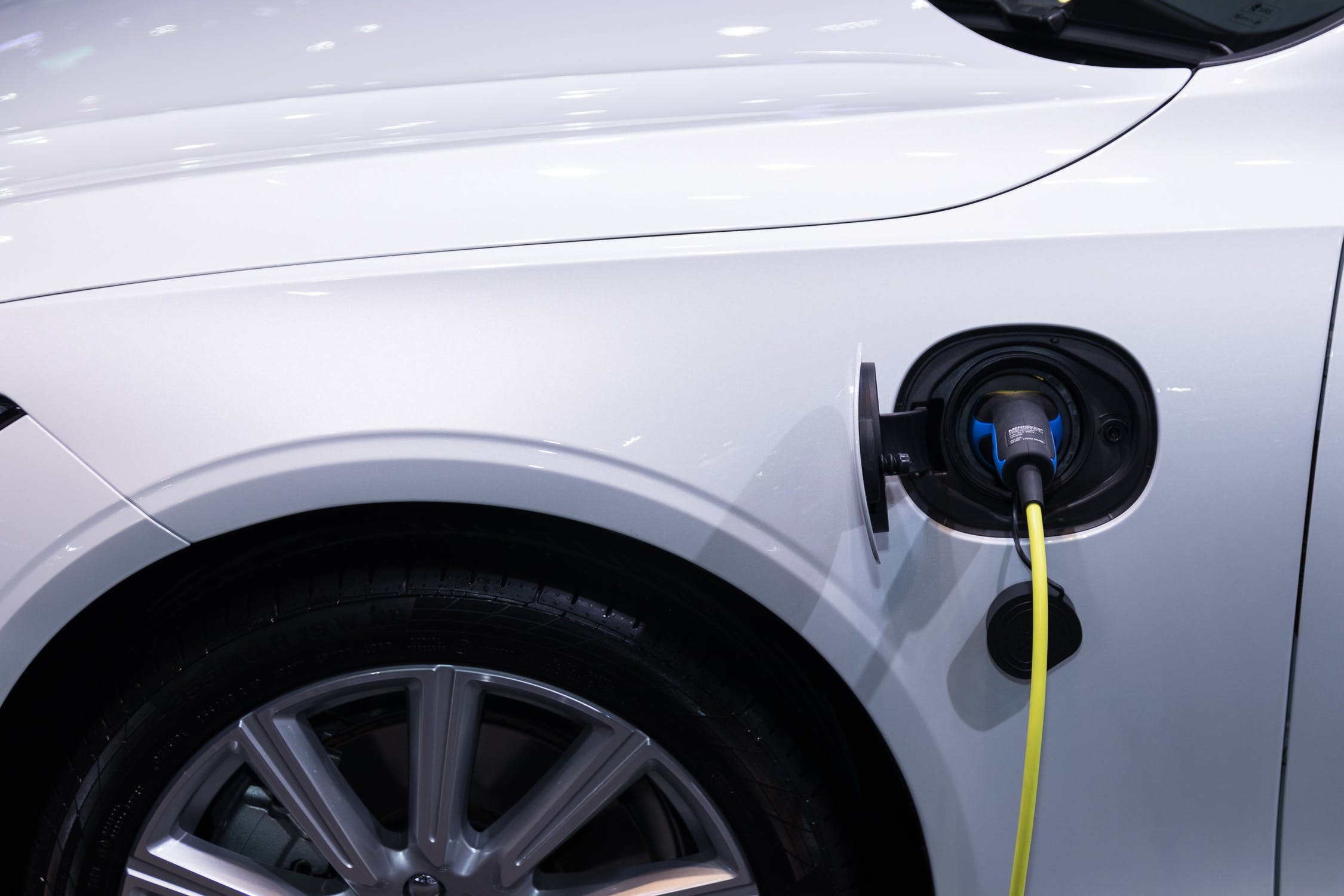My good friends at the Fully Charged show, along with "Which?" just conducted a comprehensive survey on attitudes towards electric vehicles, and their future transport opinions, it made for interesting reading.
The key results are below. I'd be interested in your own thoughts, whether already in the eMobilty space or not.
Are electric car consumers really who the carmakers think they are?
Naturally, car companies will always look to their loyalists in the first instance: but what if those customers are so captivated by combustion engines, that they are last to switch?
If the 'pioneers' and the 'early-adopters' were the 1st and 2nd layers of EV buyers, we are now starting to peel away at the 3rd layer of EV buyers in the UK; the 'early mainstream'.
These are the ‘EV-curious’ that are actively looking to leap – like the 62.11% of the Fully Charged audience that have yet to convert to a pure EV - and for whom, YouTube videos have quickly eclipsed traditional TV to become 'the test drive, before the test drive'.
After all, why waste valuable resources trying to convert the 4th layer ('late mainstream'), and the 5th layer ('the laggards') when they are not easily persuadable? And in many cases are simply not ready to say goodbye to their gas-guzzlers?
Here are some of the standout statistics from the Fully Charged survey, as sponsored by EV Box and Liberty Charge:
- The survey was promoted by Fully Charged and Which?
- 13,181 responses were received over 10 days in late November
- 1,107 of respondents were unaware of Fully Charged
- 12,074 of respondents were aware of Fully Charged
- Only 37.89% of Fully Charged viewers have a battery electric vehicle; while 96.34% intend to purchase a battery electric vehicle as their next car
- The average Fully Charged viewer is male (95.4%), a medium earner (50.59.%), aged 42, and owns his car outright (69.71%)
- Fully Charged is a consumer channel, but 14.32% of viewers work within the energy & transport sectors; notably though 25.44% work within technology
- 96% of Fully Charged viewers are interested in electric cars, 91.62% in clean energy and 89.53% in future technologies
- The survey asked about changing attitudes in a post-COVID world: of those that said their attitude had changed 96.86% were ‘more/much more’ concerned about their personal environmental impact: 61.42% confirmed they were now ‘less/much less’ interested in train travel; 87.81% ‘less/much less’ interested in flying for business; 80.56% ‘less/much less’ interested in flying for holidays; and 79.34% ‘less/much less’ interested in flying for family reasons.
- Furthermore, the survey also highlighted changing attitudes to cars; 96.49% are now more/much more interested in electric cars & vehicles; 70.13% of those surveyed saying car usage should be reduced somewhat; 68.98% stated we should switch to smaller or much smaller cars. Additionally, 91.28% confirmed that they were ‘more/much more’ interested in electric bikes.
- In terms of influence, 54.81% and 62.51% confirmed that their switch to clean energy and electric vehicles respectively was influenced by Fully Charged; 82.22% cited the channel's independence as being of key importance
- When asked the most important factors to consider when buying an electric car, range, price, speed of charging and technology ranked highest respectively. aesthetic design, brand and acceleration ranked lowest respectively.
- Of those with pure EVs, 83.03% rated their overall experience of charging EVs as easy or quite easy; pure EV owners confirmed that 84.81% of charging is currently conducted at home; however, only 23.81% charge on a daily basis
- Furthermore, 50.75% of pure EV owners that charge at home confirmed that they had changed their energy supplier and/or energy tariff as a direct result
- 54.87% of ALL respondents cited 'environmental' concerns as the primary motivation for switching to electric; ahead of ‘economic benefits’ 18.44%
- 88.94% of ALL respondents admitted that the advent of electric cars could mean they choose an entirely new brand to those that they have previously preferred
Share your thoughts below.



Leave your comments
Post comment as a guest